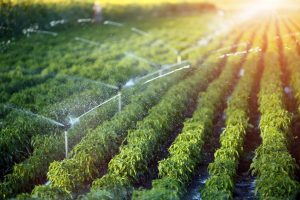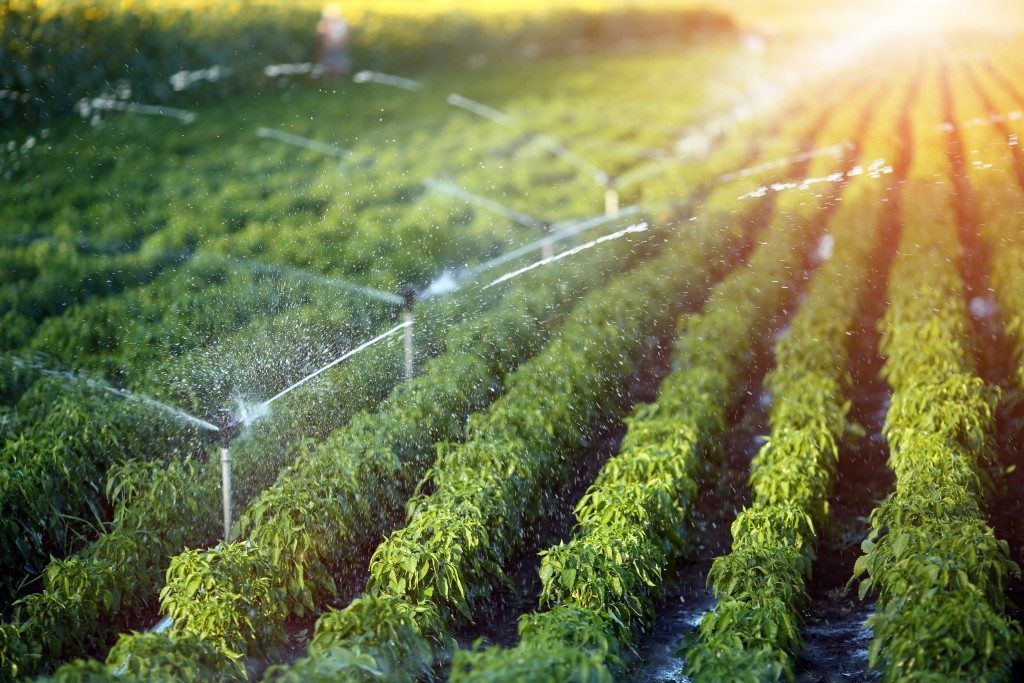 Horticulture farmers in New Zealand need to look for alternative water sources for irrigation by consulting with well drillers in the country, as public funding for such projects has become smaller.
Horticulture farmers in New Zealand need to look for alternative water sources for irrigation by consulting with well drillers in the country, as public funding for such projects has become smaller.
This will be important as they currently grapple with irregular changes in weather conditions, particularly extreme drought that hit the country in recent months.
Weather Changes
A lack of rainfall becomes a problem since it forces farmers to make hard decisions. For instance, the dry spell in December nationwide led tree growers in Waimea to reduce water supply for plantations.
They watered trees just enough to keep them alive; hence these bore no fruit that affected their harvest. Some remains unconvinced about the efficiency of irrigation, yet its viability manifests through more than $1.2 billion of planned projects in the country.
Sustainability should not be an issue since many organic farmers use irrigation to water their crops. Aside from farmers, households should also place a greater focus on where they source their drinking water.
Safe Potable Water
The quality of drinking water has been a subject of national importance after the outbreak of diseases in Havelock North in 2016. More than 5,000 residents fell ill after drinking contaminated water from the public supply.
A government investigation showed that the water infrastructure failed to comply with international standards on clean water.
If you suspect that your tap water can easily be exposed to contaminants, then setting up your own source at home could be a good alternative. Water wells installed for homes provide you with a back-up option during times when you think public supply becomes unsafe for consumption.
Farmers and household in New Zealand should prioritise water storage and management to avoid diseases and loss of business. Consult with a water drilling specialist to find out how you could manage and store clean water for residential or commercial use.
